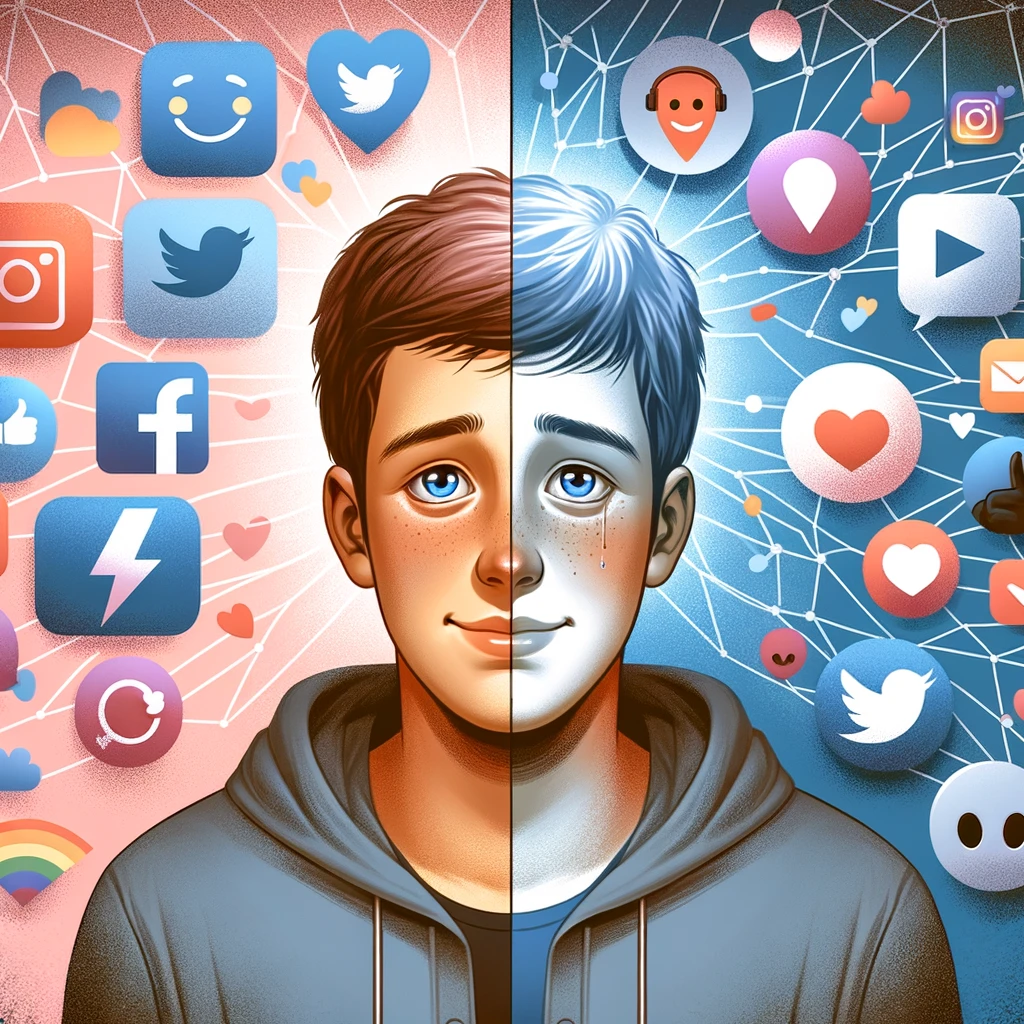Online Etiquette and Empathy: Guiding Our Children in the Digital World

In an era where our children are growing up with smartphones in their hands and social media as their playground, the importance of teaching online etiquette and empathy has never been more critical. As parents and educators, it’s our responsibility to guide the younger generation in understanding that behind every screen, every username, and every profile picture, there’s a real person with real feelings.
Understanding the Impact of Our Digital Footprint
The digital world is a vast expanse where words and actions can either build bridges or burn them. Every comment, like, share, or tweet contributes to a digital footprint that can have lasting repercussions. It’s essential to teach our children that their online actions can impact others, just as their offline actions do.
The Mask of Anonymity and Its Consequences
Anonymity can often lead children to behave in ways they wouldn’t normally in face-to-face interactions. This disconnect can lead to a lack of empathy and an increase in cyberbullying. It’s important to discuss the consequences of such behavior, not just for the victims but also for the perpetrators, including potential legal and social consequences.
Empathy in the Digital Realm
Empathy, the ability to understand and share the feelings of another, is as crucial online as it is offline. Encouraging children to put themselves in someone else’s shoes can foster a more respectful and caring online community. Ask them how they would feel if someone treated them the way they are treating others online.
Positive Communication Strategies
Teaching positive communication strategies is vital. This includes understanding the tone of online conversations, being cautious with sarcasm and humor, and being clear with their words to avoid misunderstandings. Encourage them to use positive affirmations and to spread kindness.
The Power of Pause
Instill in your children the ‘power of pause.’ Encourage them to take a moment to think before they post or respond. This pause can be the difference between a regrettable comment and a more thoughtful response.
Role Modeling Digital Behavior
Children learn by example. Show them how to be empathetic and respectful online by practicing what you preach. Be mindful of how you interact with others on social media, the comments you make, and the content you share.
Open Conversations
Create an environment where your children feel comfortable discussing their online experiences with you. Regularly talk about online interactions, both good and bad. This open communication will not only help you understand their digital world but also guide them in navigating it.
Conclusion: Cultivating a Kinder Digital World
As we guide our children through the complexities of the digital world, our goal should be to cultivate a culture of kindness and respect. By teaching online etiquette and empathy, we empower them to create a more positive digital footprint and contribute to a kinder, more empathetic online world. Let’s remember, the digital world is an extension of our real world, and the values we instill in our children should resonate in both.


